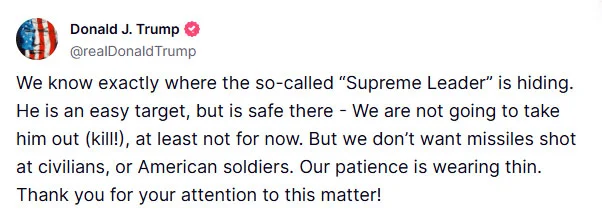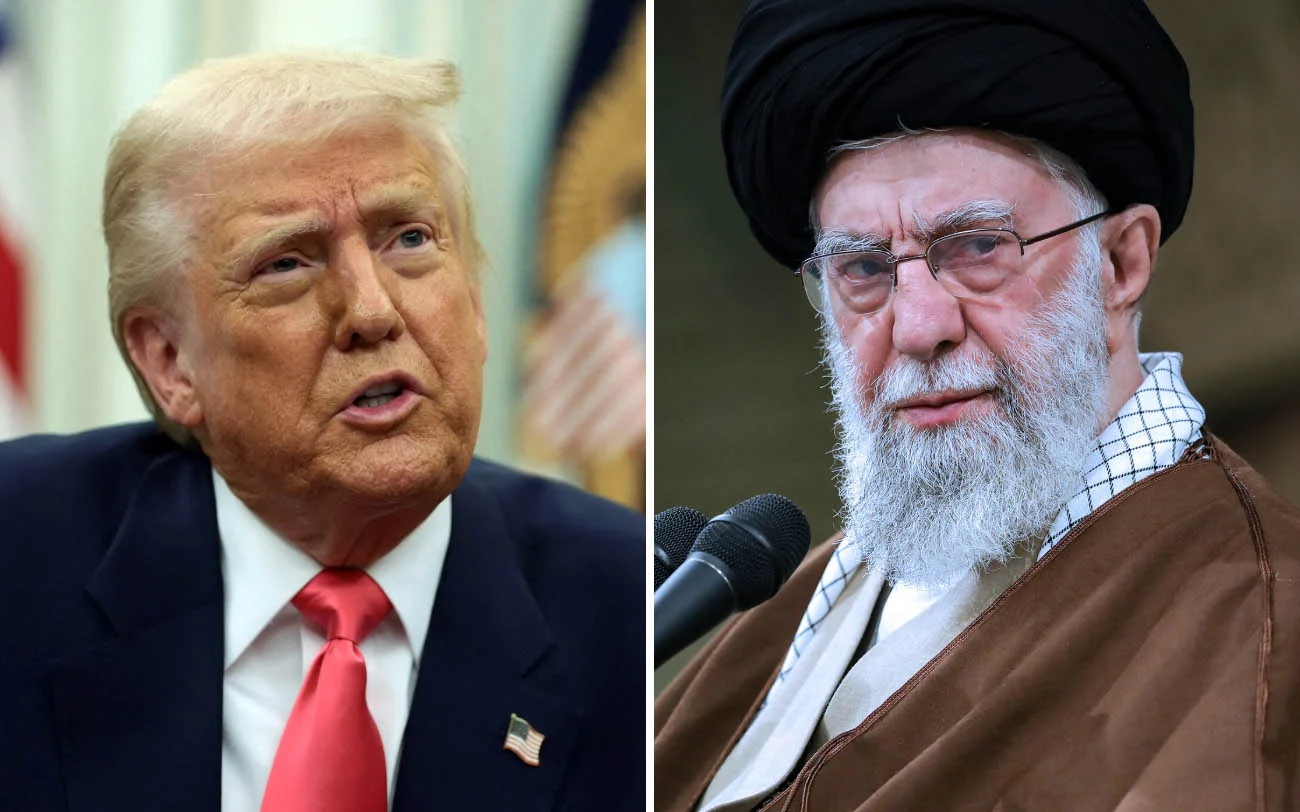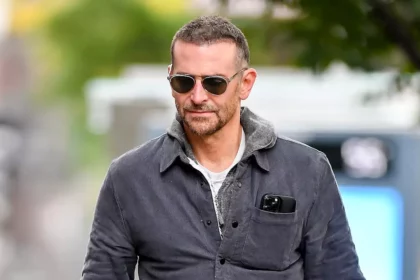As the Middle East teeters on the edge of full-scale war, Iran’s Supreme Leader Ayatollah Ali Khamenei has issued a defiant response to U.S. President Donald Trump’s demand for Tehran’s “unconditional surrender.”
In a pre-recorded speech broadcast on national television on Wednesday, Khamenei warned the United States against military intervention, saying it would lead to “irreparable damage.”
Khamenei Responds to Threats
“Intelligent people who know Iran, the Iranian nation and its history will never speak to this nation in threatening language,” Khamenei declared. “The Iranian nation will not surrender.”
This was Khamenei’s first public appearance since Friday, and it came amid increasing speculation that the United States could join Israel in direct military strikes against Iran. Trump, in a series of provocative social media posts on Tuesday, floated the idea of assassinating Khamenei and later called for Iran’s “UNCONDITIONAL SURRENDER!”
U.S. Considers Military Involvement
Sources familiar with White House deliberations suggest Trump’s team is evaluating military options, including a potential alignment with Israeli airstrikes on Iranian nuclear infrastructure.

Earlier this week, Israel’s military confirmed it had deployed 50 fighter jets in overnight operations targeting over 20 locations in Tehran, including missile production facilities. As strikes intensified, Israeli authorities urged civilians in parts of the Iranian capital to evacuate for their safety.
Global Reactions and Diplomatic Warnings
The mounting escalation has drawn urgent international concern. Russia’s Foreign Ministry warned the world was “millimetres away from catastrophe” as Israel continues its strikes on Iranian nuclear sites. Germany’s Foreign Minister appealed to Tehran to demonstrate that it is not seeking a nuclear weapon and show openness to diplomacy.
In response, Iran’s UN ambassador in Geneva, Ali Bahreini, accused the United States of being “complicit” in Israel’s actions and warned that any direct U.S. involvement would trigger unrestrained retaliation.
Rising Casualties and Escalation
Iranian authorities have reported at least 224 deaths due to recent Israeli airstrikes, most of them civilians, intensifying public outrage and prompting calls for counterattacks.
In a dramatic turn, Iranian forces launched multiple missile barrages toward Israel early Wednesday. Explosions were reported over Tel Aviv, and the Israeli military acknowledged that a number of missiles had penetrated its air defenses, marking a significant escalation in decades of shadow warfare between the two nations.
Meanwhile, Iranian news outlets reported that Israel targeted the Khojir ballistic missile facility near Tehran, along with a university associated with the Islamic Revolutionary Guard Corps (IRGC) in eastern Iran. The Khojir facility had previously been struck during Israeli air raids in October 2024.




